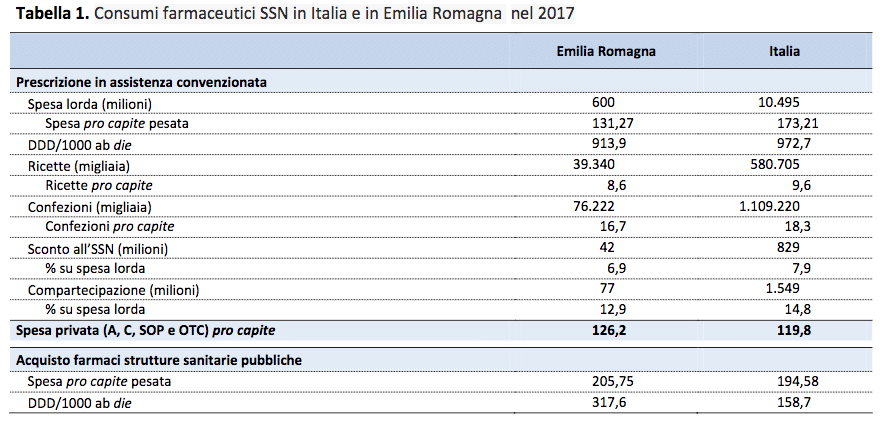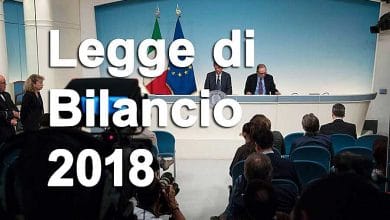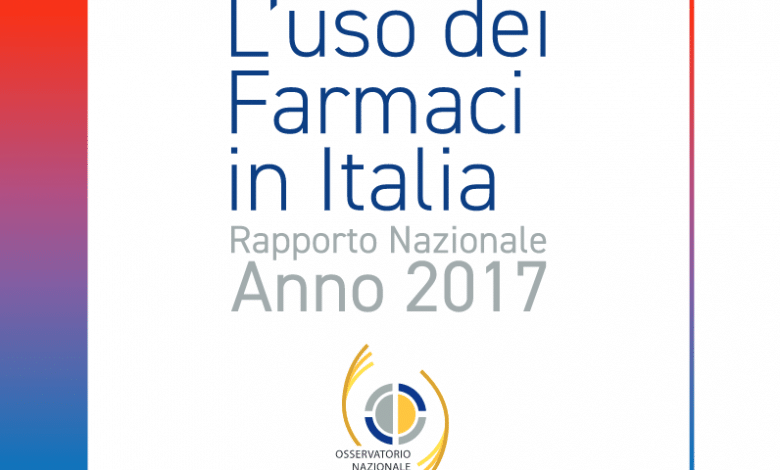
But is it really true that the Apulians make the National Health Service spend too much money on medicines and that general practitioners go overboard with prescriptions, falling into what in technical jargon is defined as "prescriptive inappropriateness"?
The casual and tendentious interpretations of the data released in recent days by AIFA (the drug agency) regarding the overdose of consumption of anti-inflammatories and antibiotics that are putting a strain on the Apulian health system have been decisively contested and rejected by Filippo Anelli, 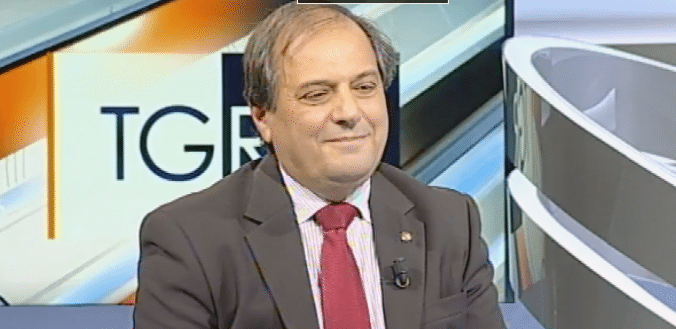 president of the Order of Doctors of the province of Bari and since the beginning of the year also president of the National Federation of Orders of Surgeons and Dentists. Since he has been at the top of Fnomceo, the federation that concentrates the orders of doctors from the various Italian provinces, he has placed at the center of his commitments the demand for a more just healthcare, and for a national health service that is more attentive to the problems of poorest regions, i.e. the South.
president of the Order of Doctors of the province of Bari and since the beginning of the year also president of the National Federation of Orders of Surgeons and Dentists. Since he has been at the top of Fnomceo, the federation that concentrates the orders of doctors from the various Italian provinces, he has placed at the center of his commitments the demand for a more just healthcare, and for a national health service that is more attentive to the problems of poorest regions, i.e. the South.
Rings was a guest of today's TG Puglia, and commented on both the data on the alleged excessive pharmaceutical consumption of the Apulians, and the perspective of the differentiated autonomy claimed by Veneto and Lombardy, which could lead to the transfer to these regions of crucial skills, among which, precisely, health care. It would be the end of the National Health System, was the thesis supported by the president.
But let's proceed in order, starting from what Filippo Anelli said about the data released by AIFA: “The data must be contextualized. Puglia has a GDP that is exactly half that of Emilia Romagna, which has the same number of inhabitants. We doctors have always fought to ensure that in Italy the distribution of the National Health Fund is correlated with the deprivation index, that is, with the poverty index, which is what characterizes our region."
Fnomceo is at the forefront of this battle of civilizations. He had tried to have the deprivation index included in an amendment to the thousand extensions decree, which did not pass. But the knot remains because, paradoxical as it may seem, between economic hardship and expense 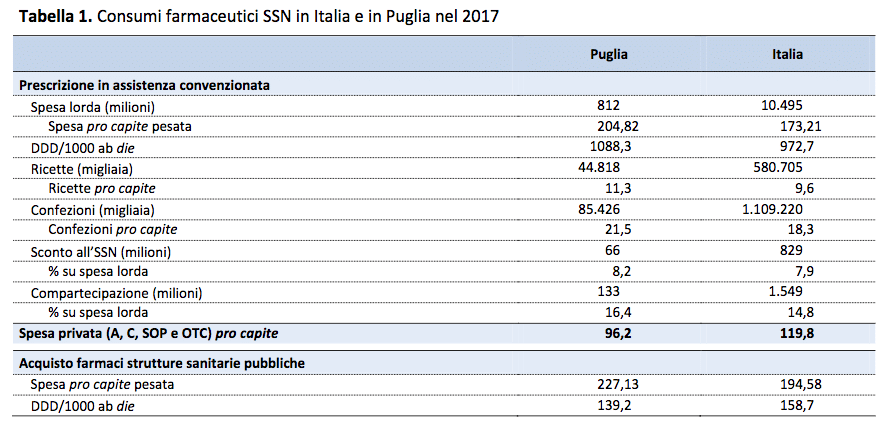 pharmaceuticals paid by the Health Service there is a direct correlation. In this regard, Anelli cited some data that lead to reflection: “In Emilia, 241 million are spent on self-medication, or rather on the private purchase of a whole series of medicines including anti-inflammatory ones. In Puglia, 100 million less are spent on self-medication. Just as, again in Emilia, an important part of class A drugs is bought directly by the citizens, for almost 30 million."
pharmaceuticals paid by the Health Service there is a direct correlation. In this regard, Anelli cited some data that lead to reflection: “In Emilia, 241 million are spent on self-medication, or rather on the private purchase of a whole series of medicines including anti-inflammatory ones. In Puglia, 100 million less are spent on self-medication. Just as, again in Emilia, an important part of class A drugs is bought directly by the citizens, for almost 30 million."
Expenditures that therefore do not affect public health, but only thanks to the greater wealth of the northern regions. Anelli is therefore right, who concludes: “The data should be better considered, and if anything, a battle should be waged to parameterize our pharmaceutical consumption with the poverty index and with the parameters relating to the GDP of the individual regions. Lombardy has fewer 30% prescriptions than Puglia, however it has a very high GDP, which allows citizens to go directly to the pharmacy and buy medicines, instead of going to the doctor to get a prescription, for example, as happens in Puglia. heart aspirin.”
The last part of the interview released by dr. Rings is dedicated to the question of differentiated autonomy claimed by some regions (the provision affecting Veneto and Lombardy is on the tables of the government) which is being talked about so much these days. Among the various responsibilities that could be transferred to the "autonomous" regions there is also health.
President Anelli has no doubts: “Understood in this way, autonomy would shatter the relationship of solidarity that characterizes the National Health Service, and would leave the poorest regions, such as those of the South, in a dramatic situation as regards health protection. If the Veneto says: I protect my citizens with my money, the bond of solidarity that has always governed this country would disappear."
And if a doctor who has taken the Hippocratic oath says so, he must be credited…
source meridiane letters.blogspot.com
Stato Quotidiano – 23 October 2018
Related news: NHS pharmaceutical consumption in Puglia in 2017
WithNHS pharmaceutical sumi in Emilia Romagna in 2017

